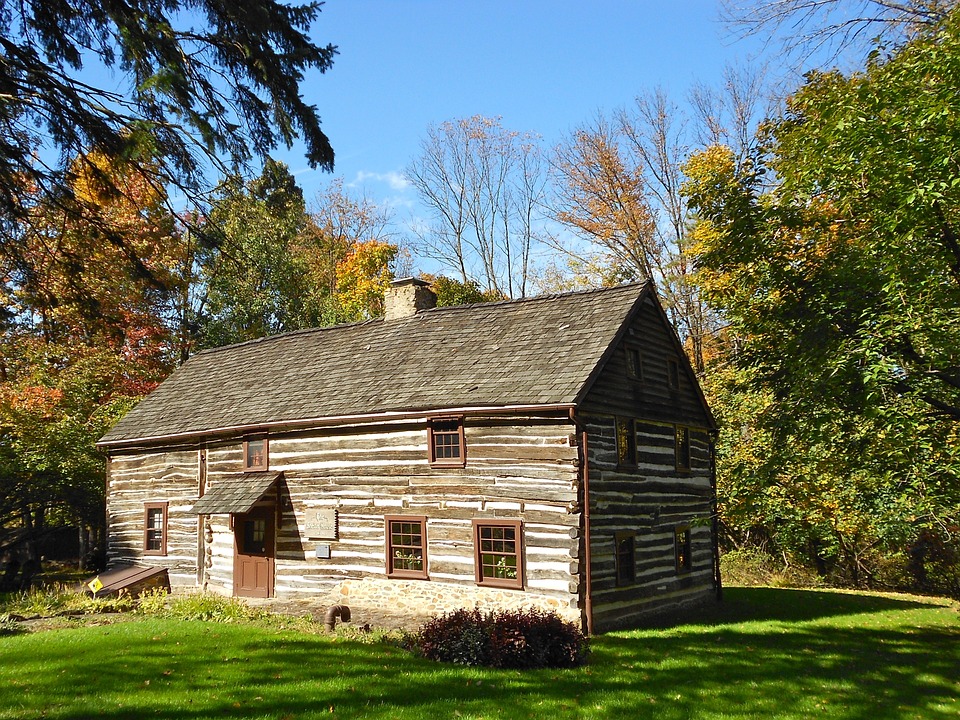
Pennsylvania’s aging population is growing at a rapid rate, and with it comes the need for more comprehensive and specialized healthcare services for seniors. As the “baby boomer” generation continues to age, the demand for healthcare services catering to the unique needs of older adults is increasing. It is essential for healthcare providers, policymakers, and communities to collaborate to ensure that the healthcare needs of Pennsylvania’s aging population are met.
According to the Pennsylvania Department of Aging, the number of Pennsylvanians aged 60 and over is expected to increase by 49% over the next 20 years. This demographic shift presents significant challenges for the state’s healthcare system, as older adults often have complex and chronic health conditions that require specialized care.
One of the key issues facing the aging population in Pennsylvania is access to healthcare services. Many older adults may face barriers to accessing healthcare, such as transportation challenges, limited mobility, and lack of awareness about available services. Additionally, with the increasing number of older adults in the state, there may be a shortage of healthcare providers who specialize in geriatric care.
To address these challenges, it is crucial for healthcare providers and policymakers to prioritize the healthcare needs of older adults. This may involve implementing programs to improve access to healthcare, such as transportation services for seniors, home-based care options, and outreach programs to educate older adults about available resources. Additionally, there is a need for more healthcare providers who have specialized training in geriatric care to meet the growing demand for services tailored to the needs of older adults.
Furthermore, the healthcare system in Pennsylvania should also focus on preventive care and disease management for the aging population. This includes providing screenings for common age-related conditions such as diabetes, heart disease, and osteoporosis, as well as promoting healthy lifestyle choices to prevent the onset of these conditions. By focusing on preventive care, healthcare providers can help older adults maintain their health and independence as they age.
In addition to healthcare services, Pennsylvania’s aging population also needs support in other areas such as long-term care and social services. Many older adults may require assistance with activities of daily living, such as bathing, dressing, and meal preparation. Access to long-term care services, including assisted living facilities and nursing homes, is vital for those who need a higher level of support. Furthermore, social services such as senior centers and programs for socialization and mental health support are essential for the overall well-being of older adults.
Meeting the healthcare needs of Pennsylvania’s aging population requires a comprehensive and collaborative approach. Healthcare providers, policymakers, and communities must work together to develop and implement strategies to ensure that the state’s aging population receives the care and support they need to live healthy and fulfilling lives as they age. By addressing access to healthcare, specialized services, preventive care, and social support, Pennsylvania can better meet the healthcare needs of its growing aging population.







